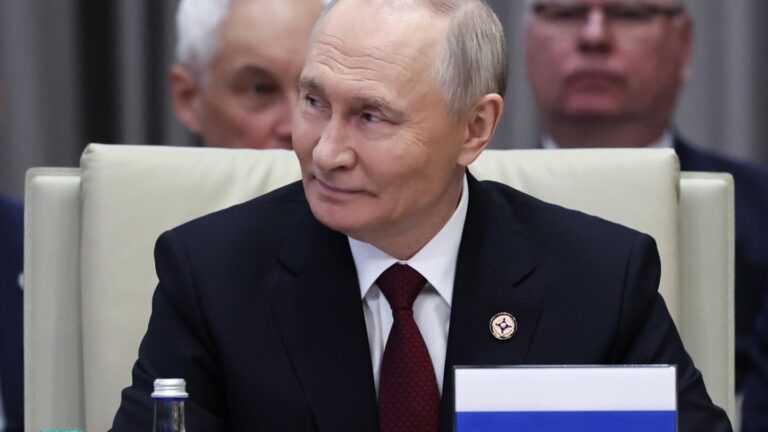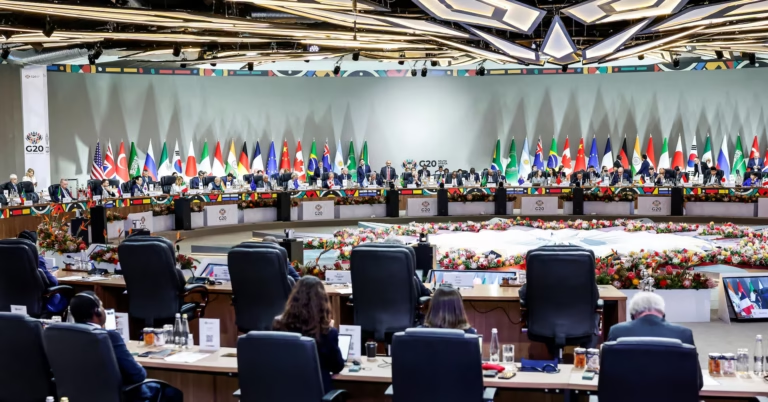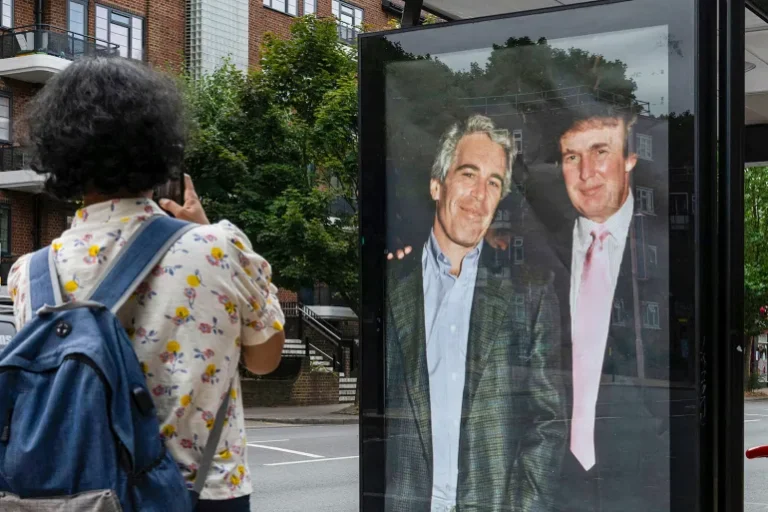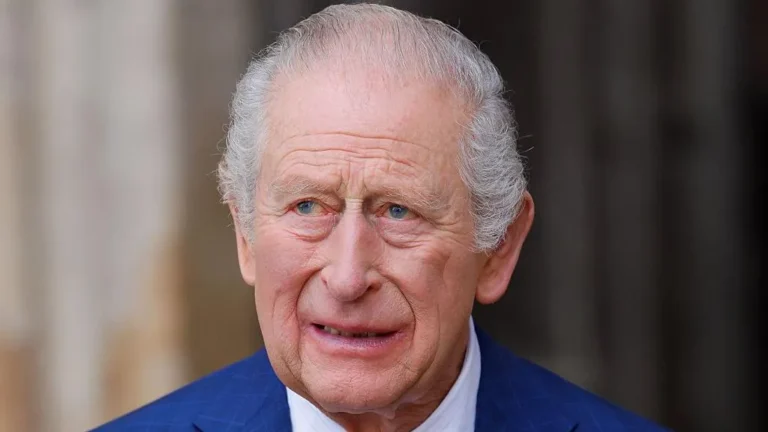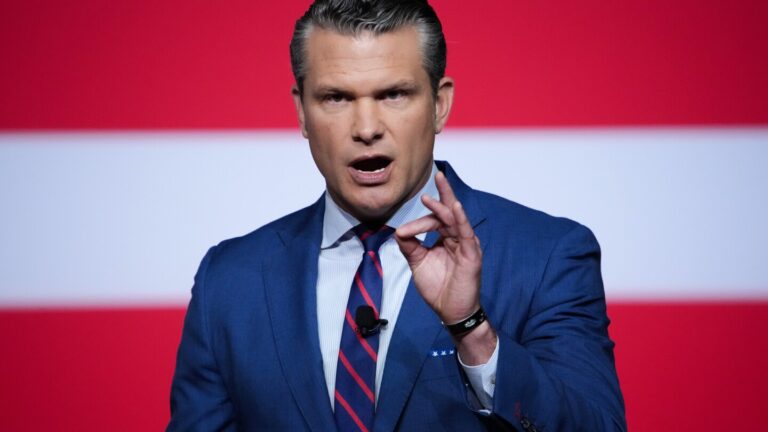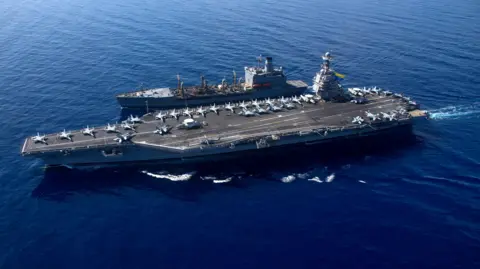
Venezuela’s Maduro Accuses U.S. of “Fabricating a War” Amid Warship Deployment
Venezuelan President Nicolás Maduro has accused the United States of “fabricating a new war” after Washington deployed the world’s largest warship, the USS Gerald R. Ford, to the Caribbean. The move marks one of the most significant U.S. naval buildups in the region in recent years, intensifying fears of a confrontation between the two nations.
The deployment of the massive aircraft carrier, capable of carrying up to 90 aircraft, comes as part of what Washington describes as an expanded effort to combat drug trafficking networks operating across Latin America. However, Maduro has denounced the buildup as an aggressive act aimed at destabilizing Venezuela and removing his government from power.
U.S. Military Escalation Raises Tensions in the Region
The Pentagon announced that the USS Gerald R. Ford would operate under the U.S. Southern Command, covering the Caribbean, Central America, and South America. Officials said the carrier’s mission is to “enhance capabilities to detect and disrupt transnational criminal organizations.” Alongside the carrier, destroyers, surveillance aircraft, and support vessels have also been deployed, significantly increasing U.S. firepower in the region.
President Donald Trump has personally championed the move, arguing it is part of his administration’s ongoing “war on narco-terrorism.” He has accused Maduro’s government of serving as a hub for drug smuggling operations—a claim Caracas has consistently denied. Trump recently told reporters that the U.S. had “secured the seas” and was now considering “land actions” to stop the flow of drugs into the United States.
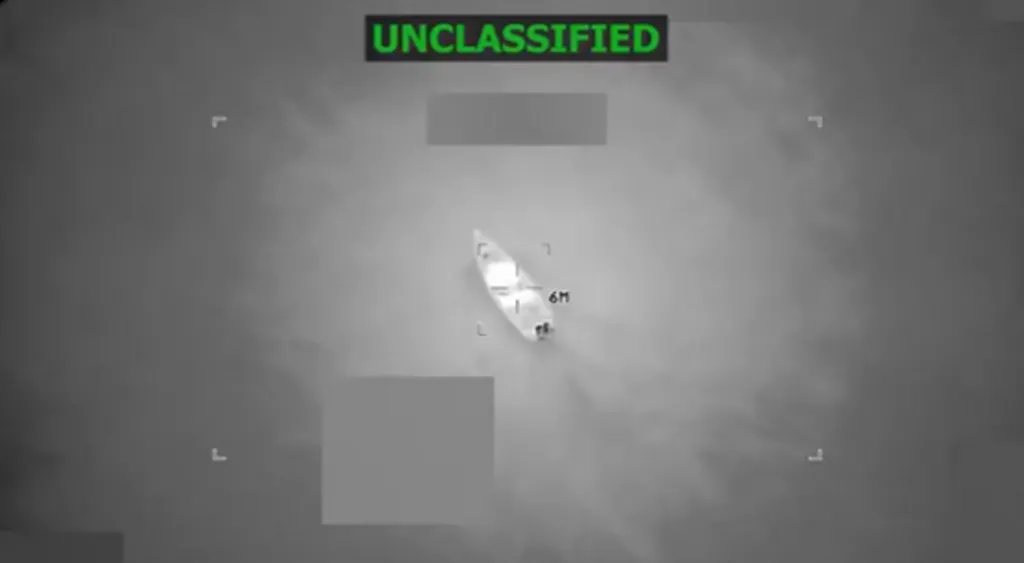
Maduro, however, rejected those claims and accused the U.S. of using narcotics enforcement as a pretext for aggression. “They promised they would never again get involved in a war, yet here they are fabricating one,” he said in a televised address. “This is not about drugs. It’s about power, control, and domination.”
The Venezuelan leader also warned that his country would “defend its sovereignty under any circumstance,” claiming the U.S. deployment violated international law. Venezuelan military forces have since been placed on high alert, with naval and air units mobilized along the nation’s northern coastline.
Regional Fallout and Questions Over U.S. Intentions
The U.S. deployment has sparked unease across Latin America, where several governments have expressed concern about the growing militarization of the Caribbean. Analysts believe the operation signals a broader U.S. strategy aimed at pressuring regimes considered hostile to Washington, including Venezuela, Cuba, and Nicaragua.
ALSO READ: Two Arrested Over €88 Million Jewels Heist at Louvre Museum in Paris
Critics in the U.S. Congress have also raised constitutional questions over the legality of Trump’s actions. Lawmakers from both parties have warned that expanding airstrikes and maritime operations without explicit congressional approval could set a dangerous precedent. Despite the criticism, the White House maintains that the President has full authority to carry out military operations against drug traffickers and “foreign threats.”
Military experts have noted that deploying an aircraft carrier group is disproportionate for counter-narcotics missions, suggesting that Washington may be signaling readiness for broader military engagement. Some analysts believe the presence of the USS Gerald R. Ford serves as a psychological tactic—intended to intimidate Maduro’s government and encourage internal dissent within Venezuela’s military.
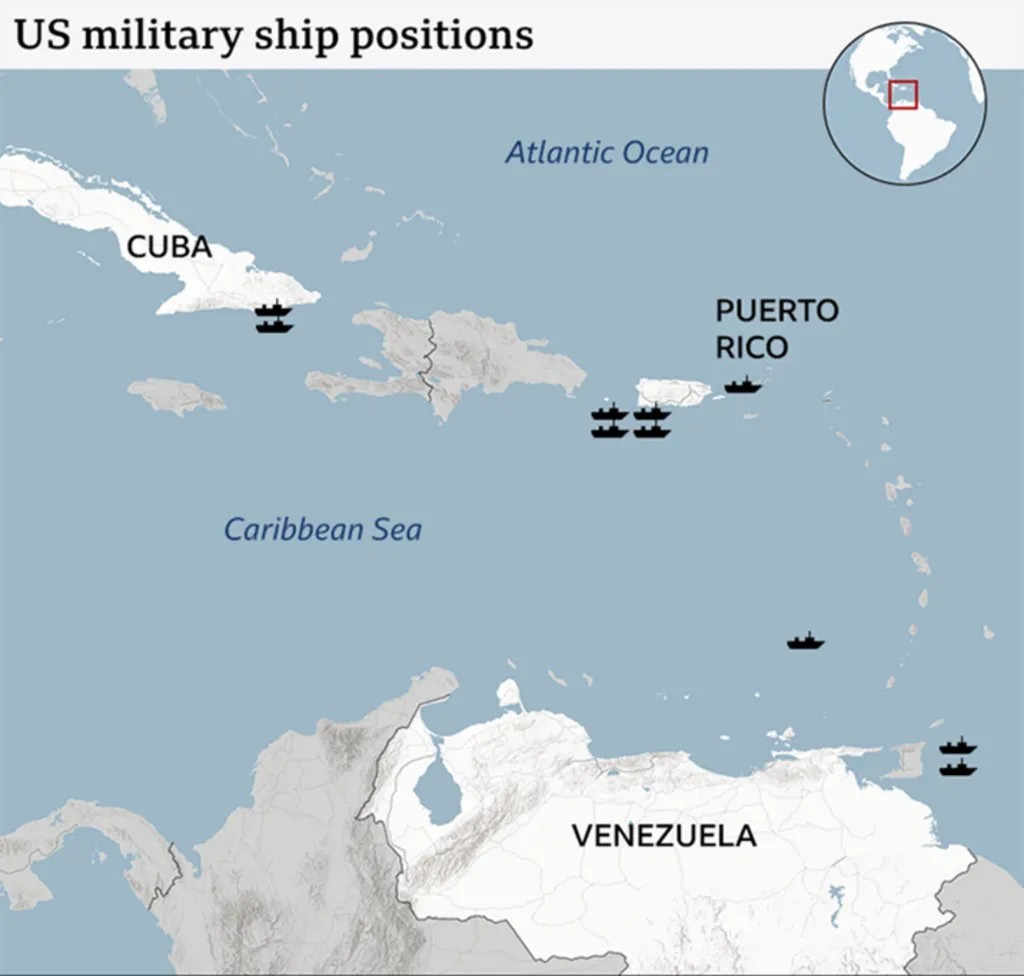
Meanwhile, Venezuelan officials claim the move has already harmed diplomatic efforts in the region. “This escalation puts at risk peace and stability in Latin America,” said Venezuela’s foreign minister. “We are witnessing a deliberate provocation designed to justify intervention.”
The situation comes at a time of heightened political tension in Venezuela, where Maduro continues to face international isolation following the disputed 2024 election, which many countries, including the U.S., deemed neither free nor fair. Opposition figures claim Maduro’s administration is using the crisis to rally domestic support and portray himself as a defender of national sovereignty against foreign aggression.
As the USS Gerald R. Ford and its accompanying strike group continue operations in the Caribbean, uncertainty looms over whether the deployment is a deterrent or a prelude to deeper involvement. For now, both nations remain locked in a dangerous standoff that could shape the future of U.S.-Latin American relations—and potentially reignite fears of another Cold War-style confrontation in the Western Hemisphere.

